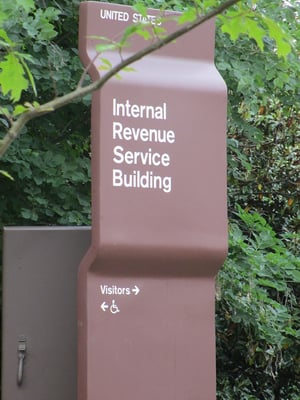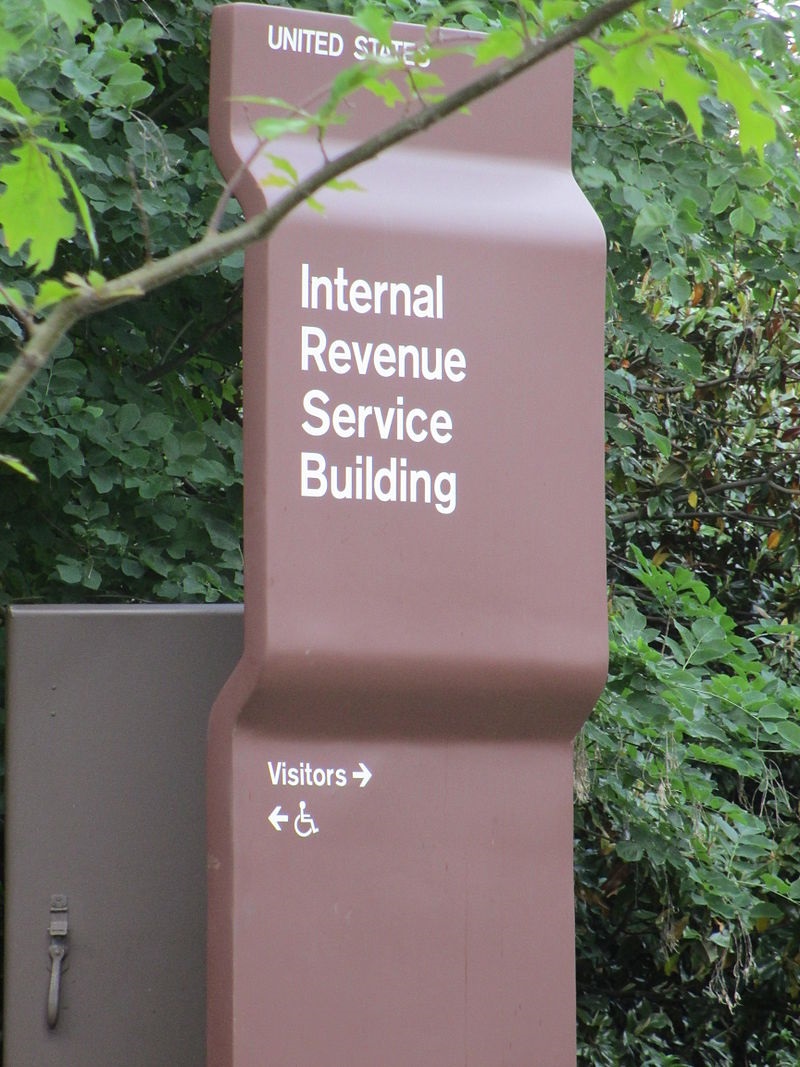First, a joke about catch up…
“Three tomatoes are walking down the street…papa tomato, mama tomato and baby tomato. Baby tomato starts lagging behind and papa tomato gets really angry, goes back and squishes him and yells… CATCH UP!!!!”
That joke isn’t going to get a lot of laughs at the IRS (alright, I admit it won’t get laughs  anywhere else either) as they try to get caught up after the longest government shutdown in U.S. history. The shutdown, which lasted 35 days and affected the majority of the IRS’s workforce, has had a profound impact on an agency that had already been running very lean.
anywhere else either) as they try to get caught up after the longest government shutdown in U.S. history. The shutdown, which lasted 35 days and affected the majority of the IRS’s workforce, has had a profound impact on an agency that had already been running very lean.
Imagine how you feel coming back from a week of vacation. Lots of voicemails, emails and unopened letters. Now imagine coming back from a month-long hiatus. Returning to full email inboxes and voicemail boxes that are so full, they no longer accept new messages. Lastly, imagine having over 5 million unopened pieces of postage. That’s the scenario many IRS employees are facing. Add the fact that it is tax season and the first filing since the largest tax code change in over 40 years was enacted.
In order to avoid a complete disaster this tax season, the White House recalled nearly half of the IRS workforce in mid-January. This, combined with a lot of hard work by highly overtaxed agents (last play on words, I promise), has enabled the IRS to open the tax season on time (January 28, 2019.) The IRS, for the most part, expects only minor impacts on the issuance of tax refund checks, with approximately 90% of refunds to be issued within 21 days of filing. Complex returns that require a more extensive review may take slightly longer.
The IRS also noted that they cannot, by law, issue refunds before February 15th for taxpayers that claim the Earned Income Tax Credit (EITC) or Additional Child Tax Credit (ACTC.) Consistent with last year, the IRS anticipates that these refunds, direct deposited to bank accounts or directly to debit cards will hit no earlier than February 27, 2019, assuming there are no issues and no additional review required.
The IRS encourages taxpayers to use the “Where’s my Return?” link on their website to get the most up-to-date information regarding the status of their return. If you have any questions about this year’s tax season or the new tax code, contact your Zinner tax professional.
* Update: The IRS estimates that it will take them approximately 12 months to fully recover from the effects of the shutdown. Zinner & Co. will keep you updated on any new develops related to the shutdown’s impact on the tax season.





